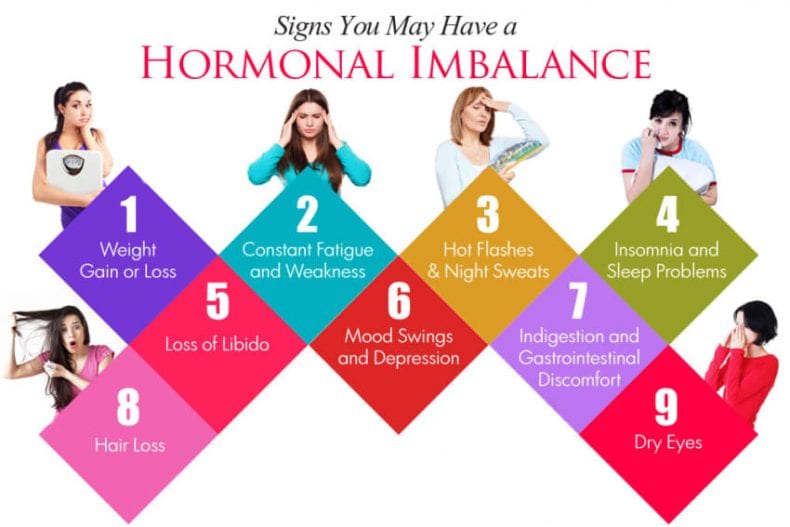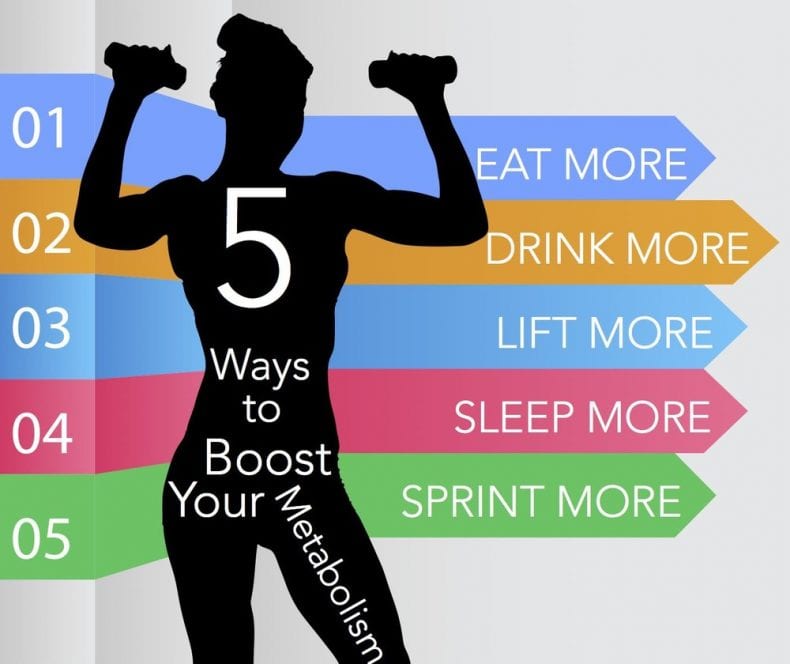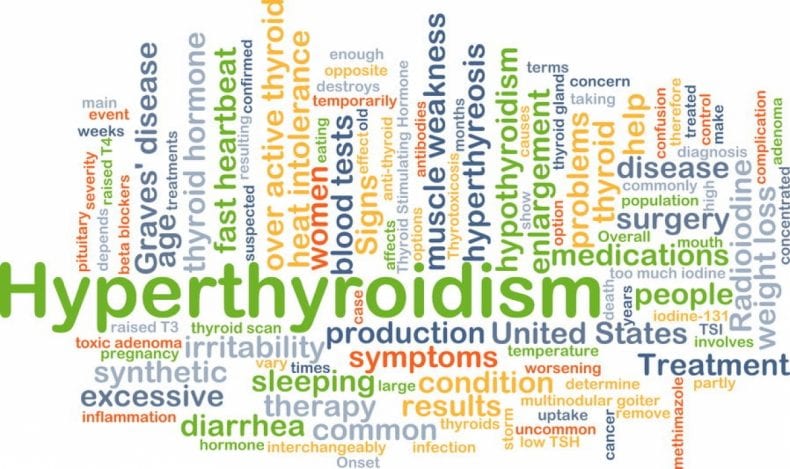All guidelines to lose weight recommend a reduction in calorie intake and an increase in physical activity. Although you might be doing both, you may find no change in the scale or in some cases you may find yourself gaining weight instead. Here are 5 possible reasons you are unable to burn those extra pounds.
- Hormonal Imbalance or Deficiency

Our body produces crucial hormones including Growth Hormones, which plays a major role in weight loss. Growth Hormones stimulates weight loss by reducing fat deposition as it promotes lipolysis, increasing lean muscle mass and also increases Basal Metabolic Rate.
Deficiency of Human Growth Hormone may result in increased fat deposition, reduced lean muscle mass, difficulty burning calories and much more.
Even with adequate exercise and reduced calorie intake, losing weight may not be possible if your body doesn’t produce sufficient amounts of HGH.
Correcting HGH deficiency via HGH supplements can solve this issue with minimal side effects as they simply promote your body’s natural production of HGH.
- Inaccurate calorie count
Many people inaccurately calculate the number of calories they intake. Simply guessing the calories of food can result in inaccurate calorie count and thus you may be eating more while burning less.
Using various health apps and buying foods with pre-written accurate calorie values can help aid in estimating the correct calorie intake required to lose weight at a healthy rate.
- Slower metabolism

Genetics play a huge part in a person’s metabolism. If you have those genes with a slower metabolism, the same exercise and workout may make you lose calories slower than another individual with high metabolic rate.
In addition to genetics, lean muscle mass also contributes to basal metabolic rate. A thin and lean person who has been exercising for decades and has built up plenty of lean muscle mass will have a basal metabolic rate that is much higher than an obese person with a sedentary lifestyle.
- Certain Medications

Conditions such as hypertension, hyperthyroidism, autoimmune diseases, allergies require lifelong treatment by medications. These anti-hypertensive medications make it difficult to lose weight even with a low-calorie intake.
People with autoimmune diseases need to take corticosteroids to suppress their immune system. These steroids not only suppress immunity but have many systemic effects including altering the body’s metabolism. Fats get stored in wrong places resulting in buffalo humps, potbelly, and an overall weight gain.
Even antihistamines taken during allergy seasons can slow down weight loss. However, this doesn’t mean you simply stop these medications. You can revisit your doctor to talk about the unwanted weight gain issue and perhaps alter the dose or the drug.
- Relying solely on Exercise

Although exercise is crucial to losing weight in a healthy manner, relying only on exercise while not taking calorie intake into account may result in weight gain instead of weight loss.
A study has found that people who exercise tend to eat more and perform minimum physical activity through the rest of the day. This results in an overall increase in weight as the number of calories burned is less than calorie taken.









